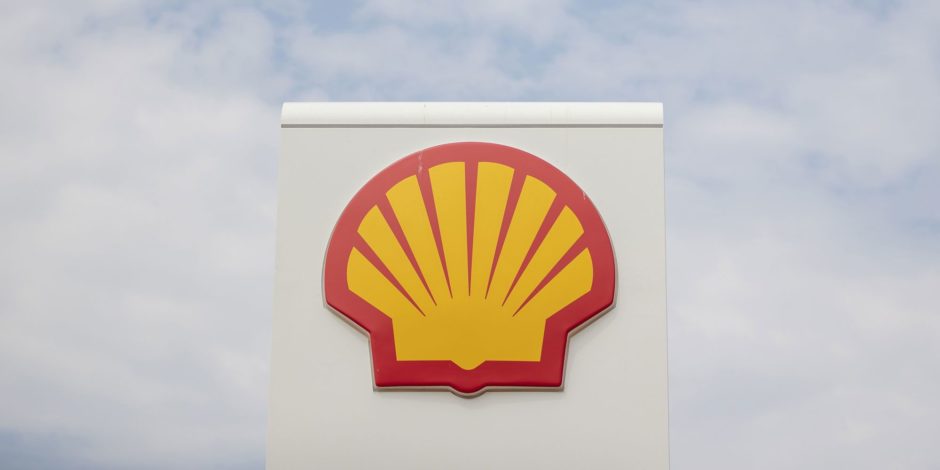
Bureau Veritas has signed a global framework agreement with Shell to help reduce emissions from operations.
Shell has set a target of maintaining methane emissions intensity below 0.2% by 2025.
Bureau Veritas has said it will help Shell detect leaks across its assets. The Leak Detection and Repair (LDAR) process will allow Shell to monitor, quantify and control emissions in order to minimise its carbon footprint.
This work will involve technologies such as optical gas imaging (OGI), laser and ultrasonic technologies and drones to optimise inspections.
“At Bureau Veritas, we support a climate change mitigation-oriented strategy while supporting the development of activities in the energy sector. Leak detection management is a crucial operation to help reconcile these challenges by improving the health and safety of employees, minimising environmental impact and improving energy efficiency,” said Bureau Veritas’ executive vice president oil & gas service line Bruno Ferreyra.
In 2019, direct greenhouse gas emissions from Shell reached 70 million tonnes of CO2 equivalent, down marginally from 71mn tonnes in 2018.
The reduction was primarily driven by the sale of assets, it said. Maintaining energy efficiency will become more difficult as time goes on, Shell has said, as fields age and new production comes from more energy intensive soruces.

